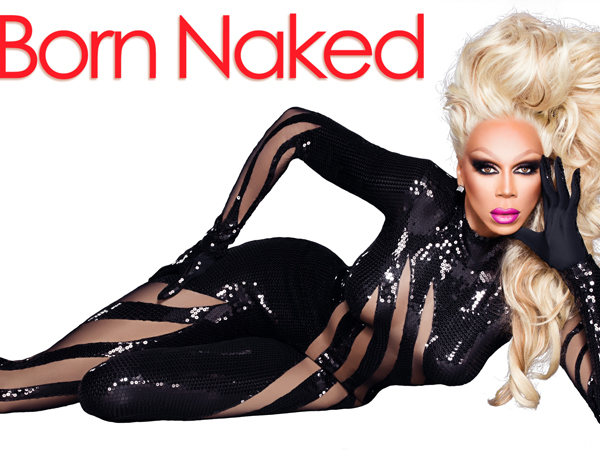By John Mack Freeman
I love RuPaul. Have for years. And because of this, I constantly await the only reality show that I watch, RuPaul’s Drag Race. The show kicked off its sixth season on February 21st. On the same day, RuPaul released her* sixth studio album Born Naked (referencing her oft-quoted line, “You’re bone naked, and the rest is drag.”).
And everyone knows that the first thing that happens to an album, even before it’s properly released most times, is that it ends up on the shadier side of the Internet. People post individual tracks or torrents of the whole album, and artists and recording companies lose out on sales. While this has been a perennial problem from my middle school days on Napster, file sharing continues to be a contentious subject that pits users and content creators against each other at the point where creation, copyright, usage, fairness, and cost collide. As a librarian, this is something that has interested me for a while due to its possible ramifications on content borrowing and sharing in general. I can see both sides: users don’t want to pay unfair prices for content, but recording companies don’t want to have their products stolen. What usually happens, an escalation of downloading on the Internet’s less legal side, is combated in the courts with costly legal fees and incredibly punitive fines. After all, what’s a musician to do.
Maybe have a sense of humor. RuPaul, in conjunction with her producer Lucian Piane, flooded torrents sites on the release day with a fake version of Born Naked. While the first 15-30 seconds of each track is there, the music tapers off and a recording of RuPaul begins playing. The first tracks monologue begins: “Girl, you done stole my album. Uh Uh, you better don’t hookah, you better get your tail on over to iTunes baby, because I want to get some of that.” Each track has its own admonishments that boil down to this: artists understand that almost everyone has stolen an album at what point or another. But if it’s someone that a person respects and wants to support, buying it is the way that you show that support.
So people have the opportunity to get pranked for their wrongdoings without ending up in a courtroom. After all, most album downloaders aren’t bad people; they’re just being a little shady in the moment.
*Editor’s Note: We went back and forth on what pronoun to use for RuPaul until settling when we found the following quote from RuPaul’s Wikipedia page: “RuPaul is noted among drag queens for his indifference towards the gender-specific pronouns used to address him—both “he” and “she” have been deemed acceptable, as he has said: ‘You can call me he. You can call me she. You can call me Regis and Kathie Lee; I don’t care! Just as long as you call me.’”
